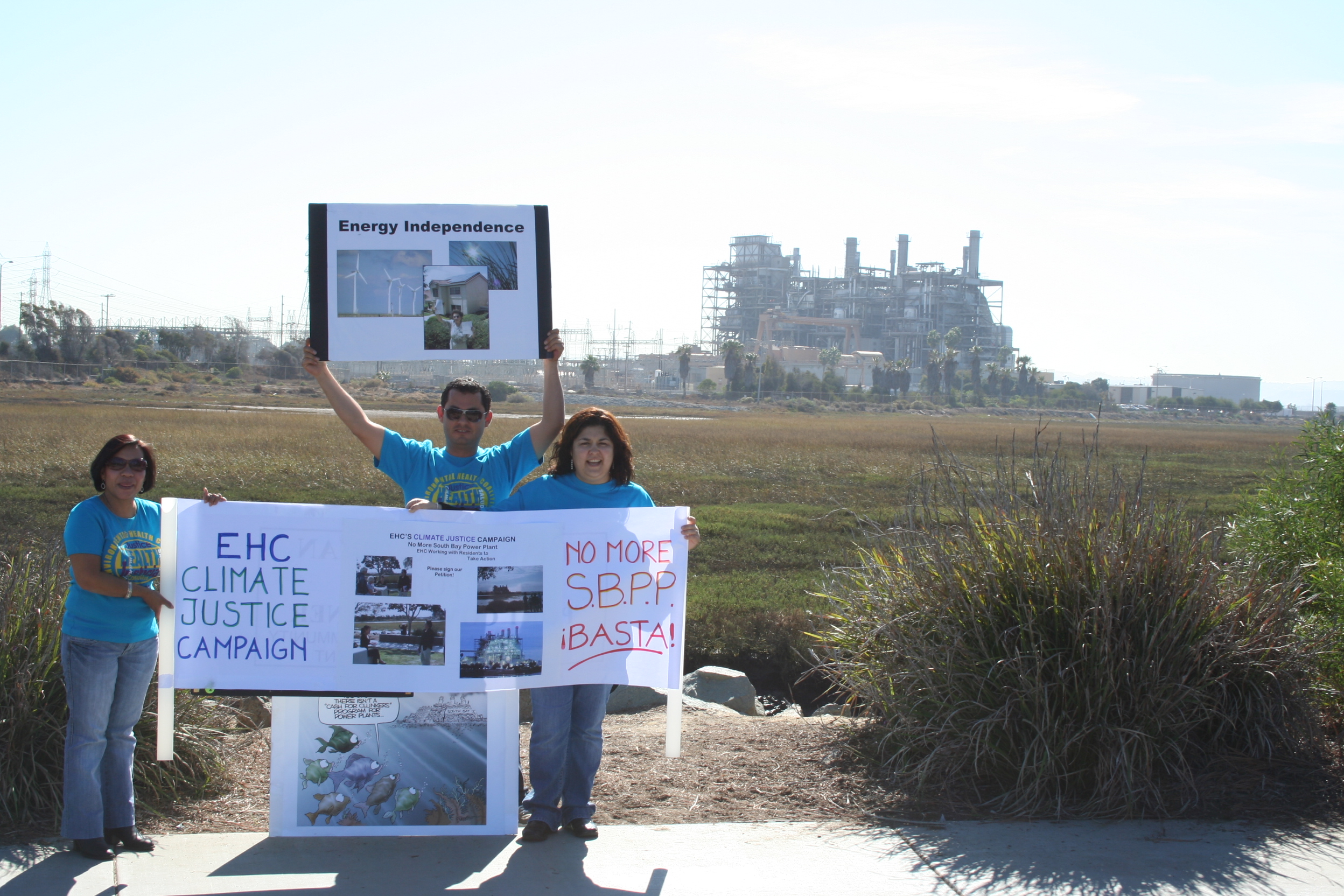Last week, I received an email alert from SDG&E announcing the Reduce Your Use Day and customers were asked to conserve energy. I was surprised because these days typically occur on San Diego's hottest summer days, when energy-hogging air conditioners are running to maximum capacity. Reducing our energy consumption at those times helps SDG&E avoid the need to turn on additional polluting "peaker" power plants to meet demand and also avoid blackouts.
But it's "winter" now in San Diego and that means we have comparatively low energy consumption; so why did SDG&E call a Reduce Your Use Day?

Because there's a nationwide shortage of natural gas—the fuel that powers most of San Diego's electricity— due to cold weather in other parts of the U.S., leaving SDG&E and other Southern California utilities scrambling for gas reserves.
The particular irony of this gas shortage is that it comes just several days after the California Public Utilities Commission approved SDG&E's 25-year contract for a new gas plant, "Pio Pico", in Otay Mesa. To make matters worse, when they applied for Pio Pico's approval, SDG&E told customers that gas-burning Pio Pico would make our electricity system more reliable, but now they're telling us they don't have a reliable supply of gas.
Which is it?
Last week's gas shortage should make the California Public Utilities Commission and our elected officials give serious consideration as to whether expanding our reliance on gas-fired power plants makes our electricity system more reliable, as the utilities claim, or if these all too common gas market fluctuations actually makes us more vulnerable to price shocks and potential outages.
Instead of rushing to approve more risky gas plants, our state and our utilities should prioritize reliable sources of clean, local energy like energy storage, solar and efficiency.
We still don't think Pio Pico should have been approved. But at the very least, the buck (the $1.6B buck) should stop there. Moving forward, let's use the retirement of the San Onofre Nuclear Generating Station as an opportunity to reduce dependence on risky gas-fired power and instead shift to reliable, local and modern clean energy technology.

